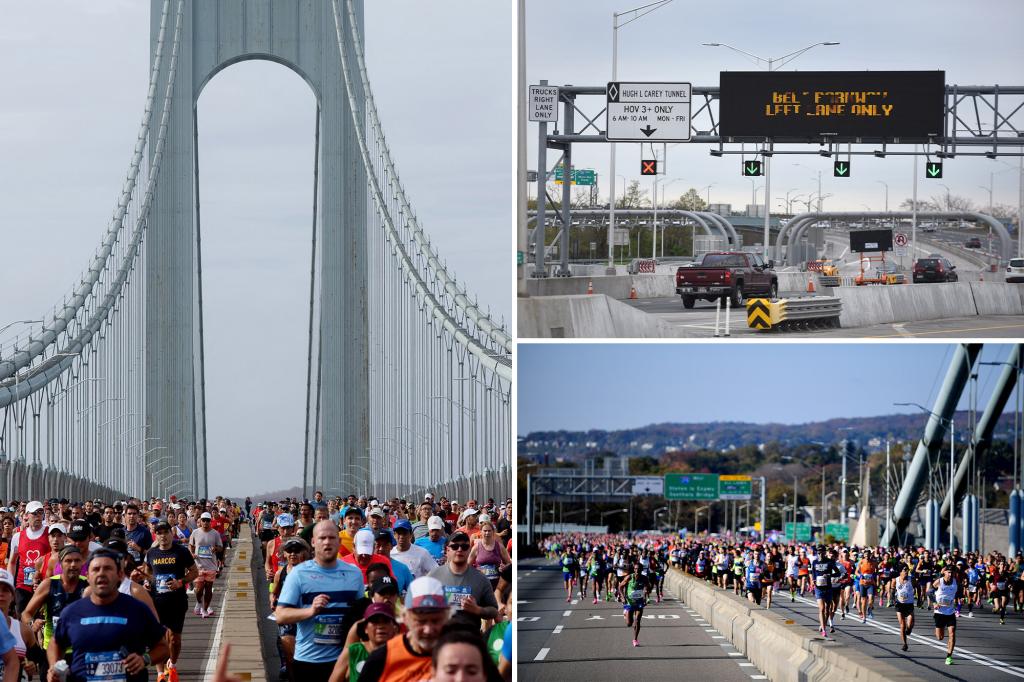The MTA is demanding $750,000 from the organizers of the New York City Marathon to make up for lost toll revenue on the Verrazano-Narrows Bridge during the iconic race. If the New York Road Runners, who organize the marathon, don’t pay up, the MTA is threatening to restrict the use of the bridge, potentially reducing the number of runners who can compete. Negotiations have included banning runners from using both levels of the bridge for the race.
New York Road Runners has pushed back against the MTA’s demands, arguing that restricting the number of entries or extending the race’s duration would inconvenience both the organization and participants. The MTA president stated that taxpayers should not have to subsidize a wealthy organization like the NYRR and that full reimbursement for lost revenue is expected. NYRR has already started paying some personal costs for shutting down the bridge during the marathon.
In addition to the NYRR, the MTA has also demanded payment from Bike New York, which uses the bridge for its annual Five Boro Bike Tour. The amount ordered to be paid by Bike New York is unknown, but the transit agency has threatened to ban the group from using the bridge if they don’t agree to pay. These negotiations come shortly after the MTA board approved a congestion pricing plan to charge drivers $15 to enter Midtown Manhattan below 60th Street, with the goal of generating revenue for transit and railroad upgrades.
The MTA has argued that the increased tolls on the Verrazano Bridge help subsidize New York City’s subway and bus system, which is in need of funding. The marathon and bike tour are popular events that draw large crowds and benefit the city’s economy, but the toll revenue lost during these events has become a point of contention between the MTA and the organizers. The MTA is looking to recoup lost revenue and ensure that the costs of using the bridge are covered by the organizations benefiting from them.
Negotiations between the MTA, NYRR, and Bike New York highlight the complex relationship between public transit agencies and private organizations that rely on public infrastructure for events. Both sides have valid concerns about costs, revenue, and the impact on participants and the public. The outcome of these negotiations will likely have long-term implications for how future events are planned and funded in New York City, as well as the relationship between private organizations and public agencies.















